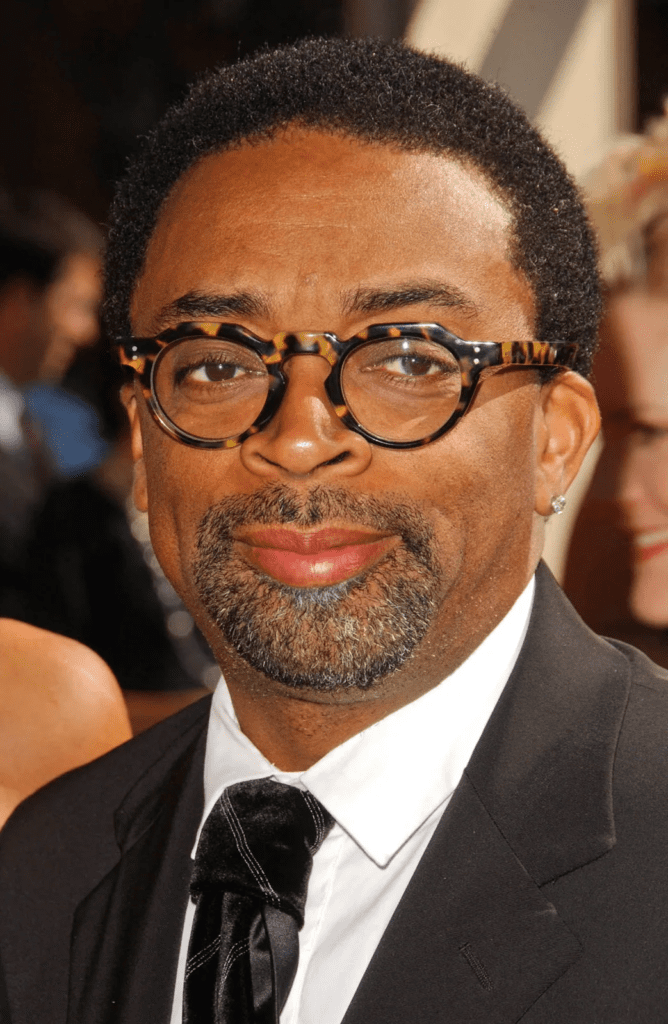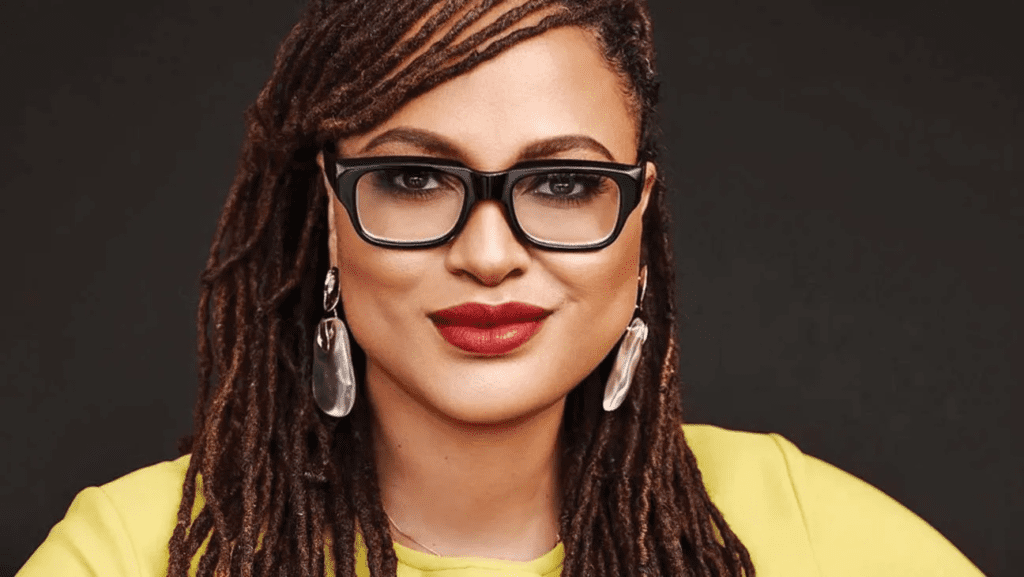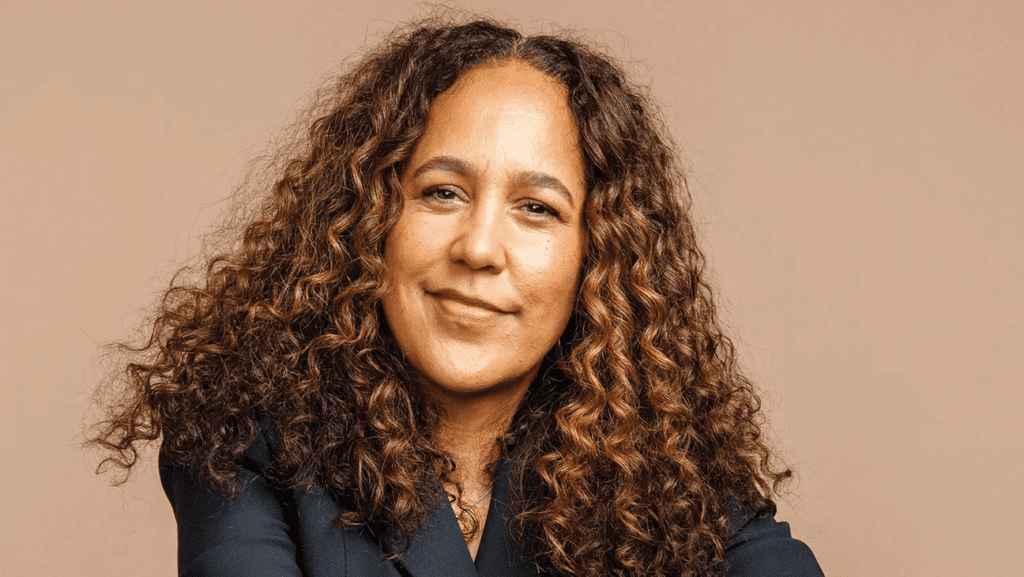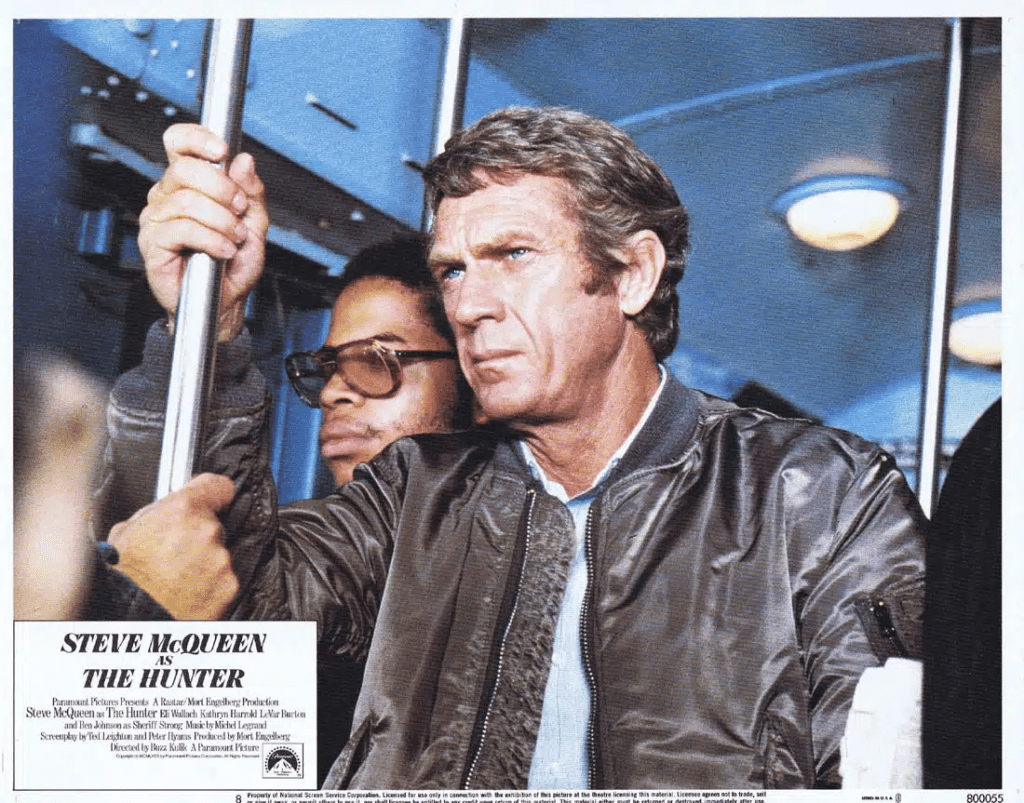The film industry has come a long way regarding diversity and representation in recent years, and Black filmmakers have played a significant role in this progress. From Spike Lee to Ava DuVernay, Black directors, writers, and producers have created some of our time’s most groundbreaking and critically acclaimed films.
Here are 10 Black filmmakers changing the film industry and some of their most popular works.
10 Black Filmmakers Who Are Changing the Film Industry
1. Spike Lee

Spike Lee is a legendary filmmaker who has been making movies for over three decades. He is known for his bold and provocative style, tackling race, politics, and social justice issues. Some of his most popular films include “Do the Right Thing“ (1989), “Malcolm X” (1992), and “BlacKkKlansman” (2018).
2. Ava DuVernay

Ava DuVernay is a trailblazing filmmaker who has made history as the first Black woman to direct a film with over a $100 million budget. She is known for her powerful and socially conscious films, including “Selma” (2014), “13th” (2016), and “A Wrinkle in Time” (2018).
3. Ryan Coogler

Ryan Coogler is a rising star in the film industry, known for his dynamic and visually stunning films. He directed the critically acclaimed “Fruitvale Station” (2013) and the groundbreaking superhero film “Black Panther” (2018), which became a cultural phenomenon and grossed over $1 billion worldwide.
4. Barry Jenkins

Barry Jenkins is a talented filmmaker who has made a name for himself with his intimate and emotionally resonant films. He directed the Academy Award-winning “Moonlight” (2016), which explored themes of identity, sexuality, and race, and “If Beale Street Could Talk” (2018), a powerful adaptation of James Baldwin’s novel.
5. Jordan Peele

Jordan Peele is a comedian-turned-filmmaker who has made a splash in horror with his socially conscious and thought-provoking films. He directed the critically acclaimed “Get Out” (2017), which explored the insidious nature of racism, and “Us” (2019), a chilling and surreal exploration of identity and duality.
6. Nia DaCosta

Nia DaCosta is a rising film industry star known for her powerful and socially conscious films. She directed the critically acclaimed “Little Woods” (2018), which explored the struggles of two sisters in a North Dakota oil town, and “Candyman” (2021), a horror film that tackles issues of race and gentrification.
7. Gina Prince-Bythewood

Gina Prince-Bythewood is a talented filmmaker who has made a name for herself with her emotionally resonant and character-driven films. She directed the critically acclaimed “Love & Basketball” (2000), a romantic drama that explored the intersection of love and sports, and “The Old Guard ” (2020). This superhero film tackled issues of immortality and morality.
8. Steve McQueen

Steve McQueen is a British filmmaker who has made a name for himself with his powerful and socially conscious films. He directed the Academy Award-winning “12 Years a Slave” (2013), a harrowing and unflinching portrayal of slavery in America, and “Small Axe” (2020), a series of films that explored the experiences of West Indian immigrants in London.
9. Dee Rees

Dee Rees is a talented filmmaker who has made a name for herself with her emotionally resonant and character-driven films. She directed the critically acclaimed “Pariah” (2011), a coming-of-age drama that explored the experiences of a Black lesbian teenager, and “Mudbound” (2017), a powerful and poignant portrayal of race and class in the American South.
10. Julie Dash

Julie Dash is a pioneering filmmaker who has significantly impacted the film industry. She directed the critically acclaimed “Daughters of the Dust” (1991), a visually stunning and emotionally resonant film that explored the experiences of Gullah women in the early 20th century.
These Black filmmakers have significantly contributed to the film industry, creating powerful and thought-provoking films that resonate with worldwide audiences. They have tackled issues of race, identity, and social justice, and have paved the way for future generations of filmmakers to tell their stories.










